Scientists sank three alligator corpses into the Gulf of Mexico to see whether bottom-dwelling sea creatures could eat them. They did — handily.
Category: food – Page 254
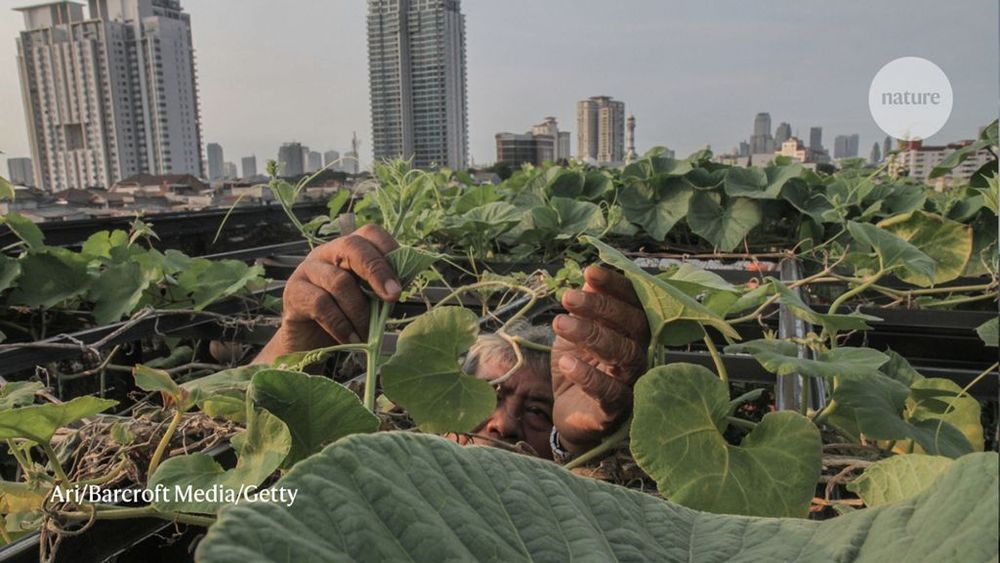
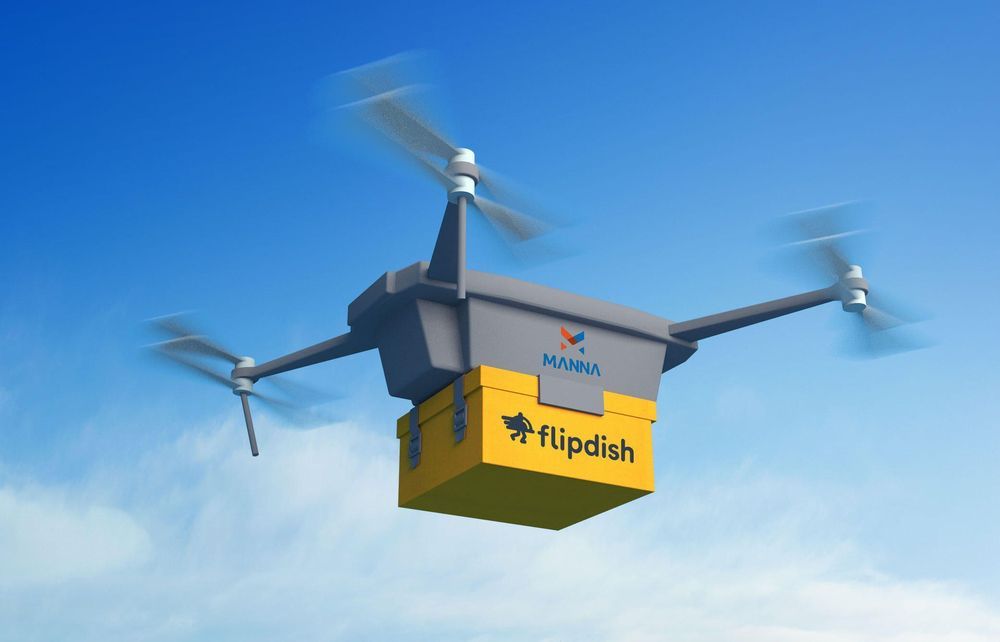
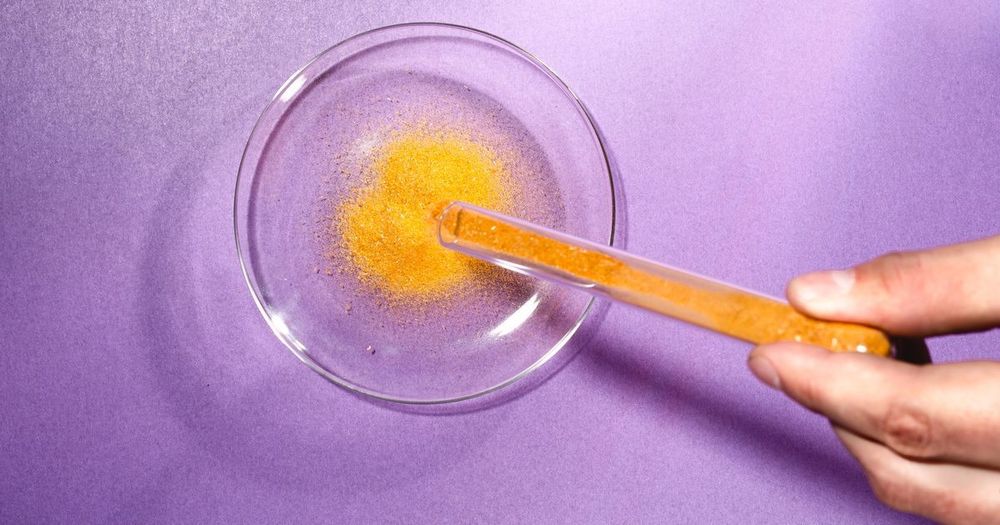
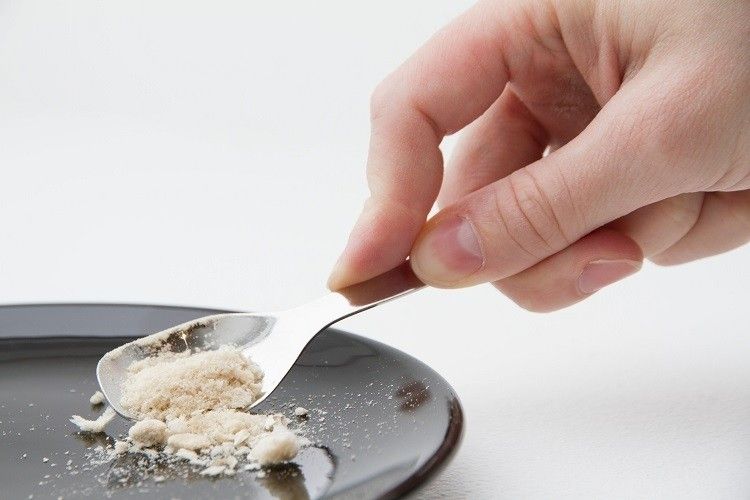
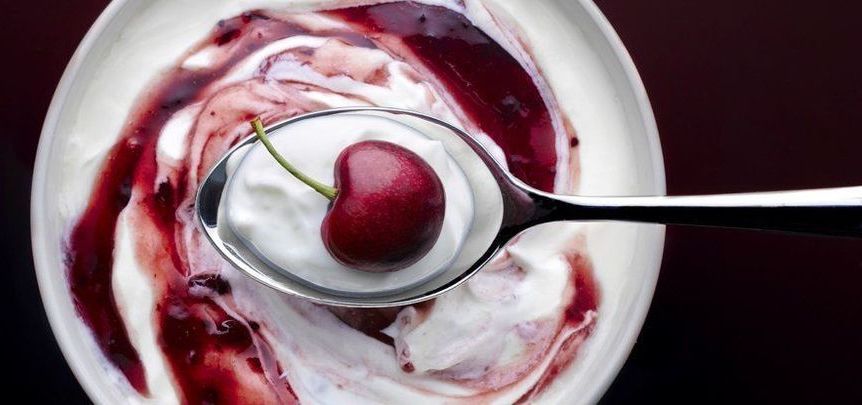
Here Are 5 Science-Backed Ways to Make Your Microbiome Healthier in 2020
It’s common for people to focus on their health at the start of the year.
But few consider the well being of the microbes that live inside the human gut – the microbiome – which are vital to an individual’s good health.
How important are these bacteria? There are as many bacterial cells in us as there are human cells, and they help control everything from inflammation and the development and treatment of cancer to how much energy we get from our foods and perhaps even what foods we crave and our moods.

Rethinking Consciousness: A Scientific Theory of Subjective Experience
If you’re interested in mind uploading, I have a book that I highly recommend. Rethinking Consciousness is a book by Michael S. A. Graziano, who is a Princeton University professor of psychology and neuroscience.
Early in his book Graziano writes a short summary:
“This book, however, is written entirely for the general reader. In it, I attempt to spell out, as simply and clearly as possible, a promising scientific theory of consciousness — one that can apply equally to biological brains and artificial machines.”
The theory is Attention Schema Theory.
I found this work compelling because one of the main issues in mind uploading is how do you make an inanimate object (like a robot or a computer) conscious? Graziano’s Attention Schema Theory provides a methodology.
After reading the book, be sure to read the Appendix, in which he writes:
“First, it serves as a tutorial on the attention schema theory. The underlying logic of the theory will be described in its simplest form. Second, I hope that the exercise will show engineers a general path forward for artificial consciousness.”
Clusters of gold atoms form peculiar pyramidal shape
Clusters composed of a few atoms tend to be spherical. They are usually organized in shells of atoms around a central atom. This is the case for many elements, but not for gold! Experiments and advanced computations have shown that freestanding clusters of twenty gold atoms take on a pyramidal shape. They have a triangular ground plane made up of ten neatly arranged atoms, with additional triangles of six and three atoms, topped by a single atom.
The remarkable tetrahedral structure has now been imaged for the first time with a scanning tunnelling microscope. This high-tech microscope can visualise single atoms. It operates at extremely low temperatures (269 degrees below zero) and uses quantum tunnelling of an electrical current from a sharp scanning metallic tip through the cluster and into the support. Quantum tunnelling is a process where electrical current flows between two conductors without any physical contact between them.
The researchers used intense plasmas in a complex vacuum chamber setup to sputter gold atoms from a macroscopic piece of gold. “Part of the sputtered atoms grow together to small particles of a few up to a few tens of atoms, due to a process comparable with condensation of water molecules to droplets,” says Zhe Li, the main author of the paper, currently at the Harbin Institute of Technology, Shenzhen. “We selected a beam of clusters consisting of exactly twenty gold atoms. We landed these species with one of the triangular facets onto a substrate covered with a very thin layer of kitchen salt (NaCl), precisely three atom layers thick.”
The study also revealed the peculiar electronic structure of the small gold pyramid. Similar to noble gas atoms or aromatic molecules, the cluster only has completely filled electron orbitals, which makes them much less reactive than clusters with one or a few atoms more or less.
Gold clusters ranging from a few to several dozens of atoms in size are known to possess remarkable properties.
Freestanding clusters of twenty gold atoms take the shape of a pyramid, researchers discovered. This is in contrast with most elements, which organize themselves by forming shells around one central atom.

50 Year Lie: Sugar industry blames fats
Whenever someone refers me to a story with alarming facts that should surprise or outrage any thinking human, my spider-sense is activated. Does the story make sense? Is it plausible? If the message contains evidence of being repeated (or forwarded to more than two friends), then whatever is claimed is almost certain to be false.
If the subject is important to me—or if there is any chance that it might influence my view of the world, I check it at Snopes. The reputable web site confirms or debunks many urban legends and all sorts of viral web hype.
You never know what you might learn at Snopes. You can easily be lured into a rabbit hole, digging into the site beyond whatever prompted your visit in the first place.
Fact-checking can be fun! For example: